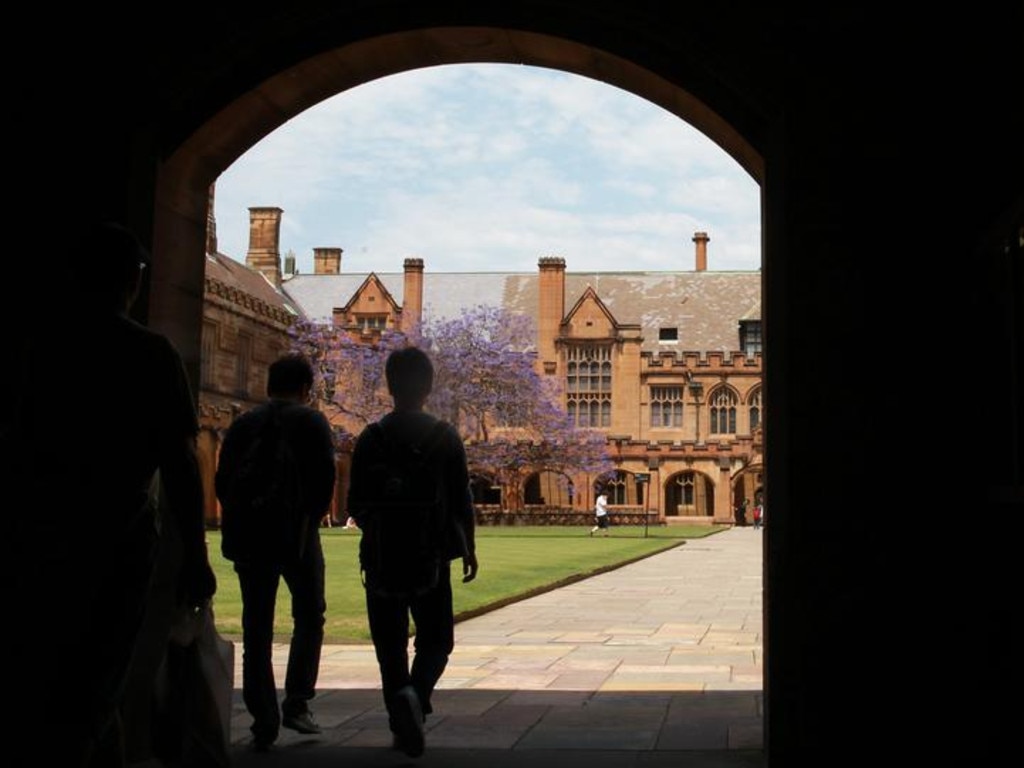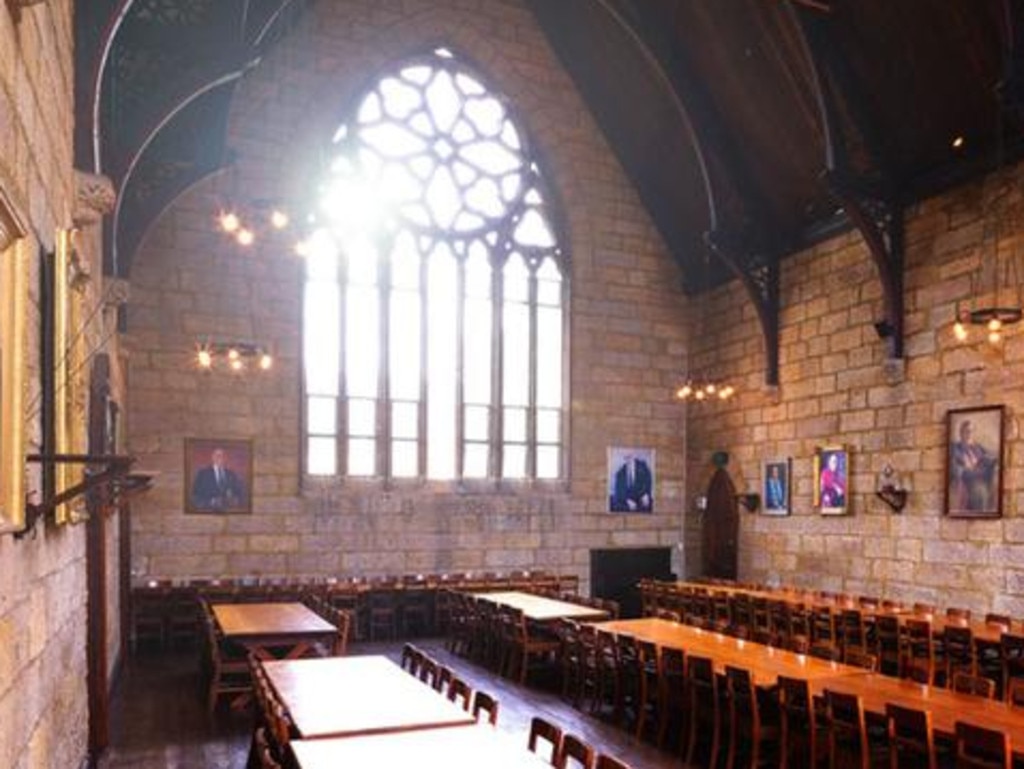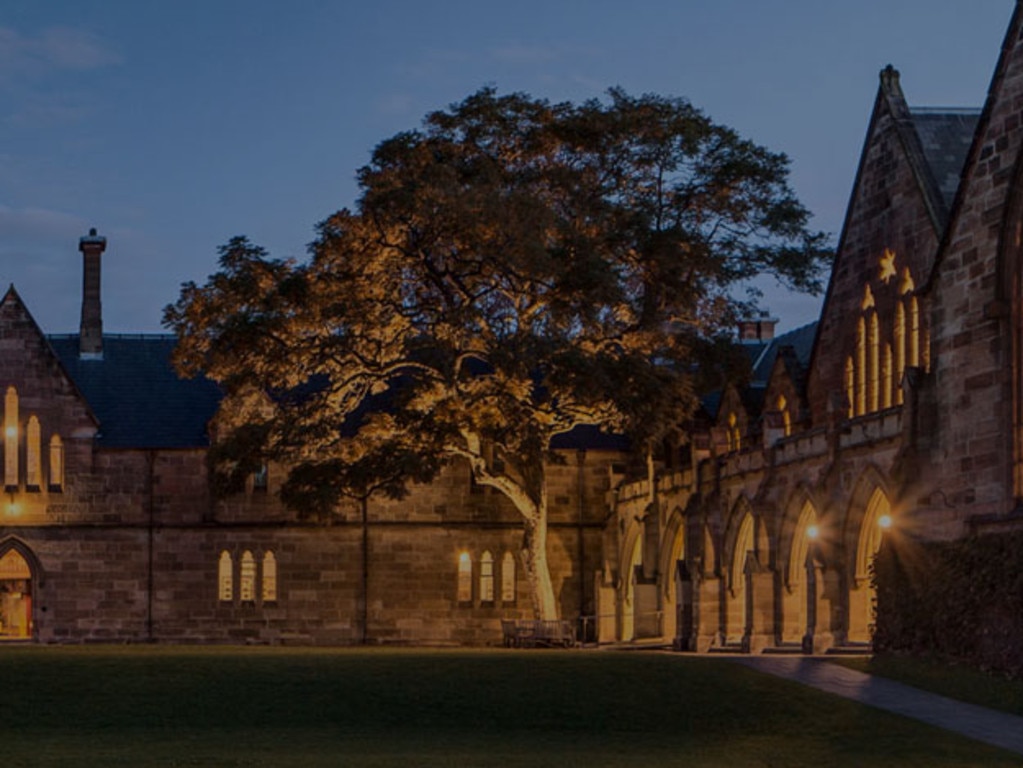Expert reveals the reason college boys behave so poorly
In the wake of the yet another Australian university scandal, the persistent problem of toxic masculinity is as relevant, and confusing, as ever.

Gagged, silenced and abused.
That’s what happened to a young boy at St Paul’s College last week, in an incident that saw six students expelled and 21 more suspended.
Sadly, the degrading stunt wasn’t the first for the elite Sydney college or other residential colleges around the country.
Over the years, students have engaged in a number of appalling behaviours, particularly during orientation weeks, when ‘hazing’ initiation rituals are considered a rite of passage.
Just a few years ago, students were forced to eat sheep hearts, were auctioned off to older students, and taken to a ‘bone room’ lined with mattresses.
Couches have been burnt, beers poured down unconsenting throats, and womens’ names added to a virtual ‘rack web’, documenting who has had sex with whom.
Despite countless apologies from the heads of the colleges and action plans supposedly implemented, it appears this toxic culture has plagued, and will continue to plague, prestigious institutions until a fundamental shift is made.
In order for that to happen, it’s essential to look into the reasons why so many college boys continue to behave so poorly.

A combination of competition, privilege and a need for belonging can create fertile ground for bullying and other problematic behaviours, says Monash University educational researcher, Dr George Variyan.
“In my research, the ways in which boys strive for social belonging and status include bullying others, engaging in more profane behaviours like sexual harassment and sexual assaults, and also socialising these occurrences,” Dr Variyan said.
“These peer-to-peer socialities are examples of how males strive for belonging and status, which also effectively recruits bystanders into complicities they might otherwise resist.
“These ‘problematic’ behaviours can effectively function as a ‘currency’ for schoolboys. For instance, hazing rituals in universities can be barbaric but considered by perpetrators as ‘inclusive’, fostering group solidarity.”

Dr Variyan says these troubling practices are also bound up in a sense of alignment with certain ideas around masculinity, which can be perpetuated by the college environment.
“These behaviours can be energised by the practices and overarching narratives of any educational institution,” he said,
“For instance, if a school valorises rugged sports and ‘rugged’ masculinities, then these values, practices and narratives can signal to individuals and groups the ‘rules of the game’.”

While some might assume that witnessing previous expulsions and disciplinary actions would deter students from partaking in similar acts, Dr Variyan points out that this can actually spur the boys on.
“Repercussions are part of the game, which potentially makes the profane more valuable because of the risk involved,” he explained.
Therefore, further sanctions could potentially be counter-productive and even encourage these practices or drive them deeper underground into ‘hidden’ spaces.

So, how can society address these issues and create real change in college behaviour if traditional solutions fall short?
“Elite private educational institutions are sensitive to visibility in the press of their students behaving badly and will be incentivised towards reaching for a ‘quick fix’ and appearances that something is being done,” he said.
“So, I don’t think that simply expelling students and reviewing ‘mandatory anti-bullying and harassment training’, as has been reported in the press about St Paul’s, will be sufficient.”
There is evidence that some educational interventions, for instance in relation to school bullying, show a “small but [statistically] significant impact”, but there isn’t a lot of research that looks into evidence of lasting change.
“This is why restorative practices have been championed for so long, as they attempt to provide accountability and healing, reduce resentment so that individuals can come to understand the harm they’ve caused and actually shift their longer-term behaviour,” Dr Variyan explained, adding, “but this takes time.”
In the meantime, it stands to reason that significant investment in more evidence-based approaches and a sustained commitment and willingness to openly tackle this ongoing issue is desperately needed.





